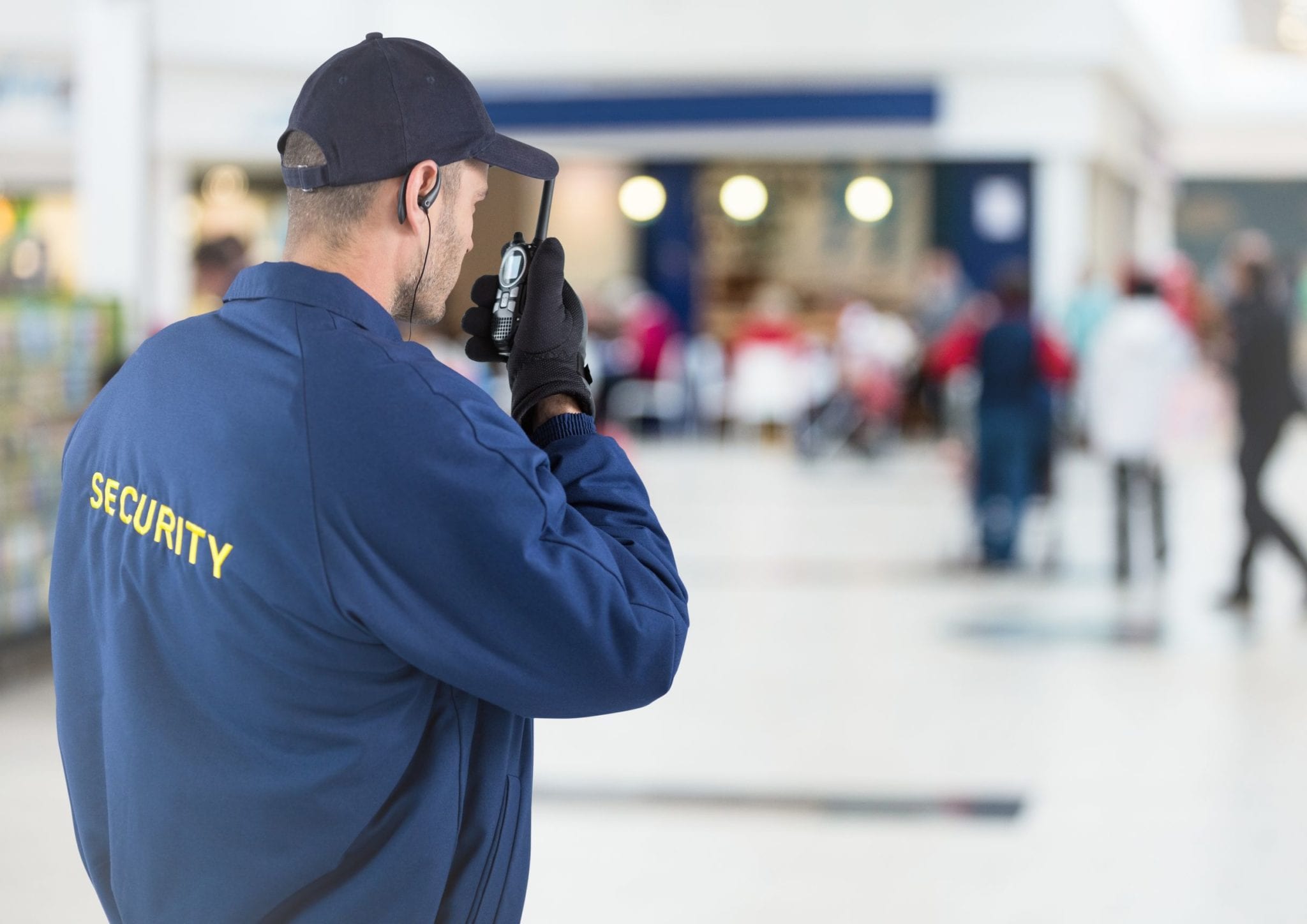Retailers refer to the holiday season as the Super Bowl of shoplifting — as do shoplifters. Let us assure you, you’d be surprised who gets caught in the act.
For example, a Kentucky sheriff’s lieutenant and his girlfriend were recently arrested for shoplifting Christmas decorations and a cooler from an online auction warehouse. Following his arrest, the officer was suspended without pay.
Similarly, three shoplifters were recently detained for shoplifting at a GameStop using a clever, three-person approach, in which one person removed theft sensors, one person distracted employees, and one person attempted to carry the merchandise out of the store.
Because shoplifting is a major source of revenue loss, retailers have stepped up efforts to catch shoplifters, and we can expect an uptick in shoplifting charges in North Carolina and nationwide.
Holiday Shoplifting: A $6 Billion Problem
Every year, retailers lose $6 billion in revenue to shoplifting. Experts say that shoplifters are more likely to rationalize their shoplifting during the holiday season, for example, stealing merchandise to give to their children as Christmas presents.
Some of the most commonly shoplifted items include:
- Electronics accessories
- Leather coats
- Winter clothing
- Electronics
- Accessories
- Children’s toys
- Perfume and cologne
- Chocolate
- Alcohol
- Meat and seafood
Although the holiday season accounts for 34% of retailers’ revenue, it also accounts for 37% of annual inventory loss to shoplifting.
Therefore, retailers have stepped up efforts to enhance surveillance during the holidays, and are also more likely to press charges when shoplifters are caught, even for relatively inexpensive merchandise.
NC Shoplifting Laws
Although shoplifting is a common criminal offense in North Carolina, these charges have serious criminal consequences, and should always be taken seriously.
In North Carolina, the sentencing formula for shoplifting is particularly complex and depends on the value of the merchandise shoplifted, the circumstances surrounding the alleged offense, and the defendant’s criminal history.
There are two types of shoplifting charges in North Carolina, including larceny of property and organized retail theft.
Larceny of Property
Simple shoplifting is prosecuted under North Carolina’s general theft statutes.
If the value of the items allegedly shoplifted is under $1,000, this is considered a misdemeanor, and is sentenced and penalized as follows:
- First conviction: Class 3 misdemeanor, punishable by 24 hours of community service
- Second conviction: Class 2 misdemeanor, punishable by probation and/or community service
- Third conviction: Class 1 misdemeanor, punishable by at least 11 days in jail or another sentence as determined by the judge.
If the value of the allegedly shoplifted items tallies $1,000+, this is considered a Class H felony, punishable by 4-8 months of incarceration. Prior convictions will lead to enhanced sentencing.
Organized Retail Theft
If the defendant commits one or more of the following acts, shoplifting is charged as organized retail theft:
- Conspires with another defendant to commit theft of retail property from retail establishments, with a value over $1,500 over a 90-day period, with the intent to sell that property
- Receives the property stolen as described above while knowing or having reasonable grounds to believe that the property is stolen
Organized retail theft is considered a Class H felony, and prior shoplifting or theft convictions will lead to enhanced sentencing and penalties.
North Carolina retailer security personnel and police will be on the lookout for shoplifters this holiday season. Don’t get caught up in the mix, and if you do, fight back to beat the charges against you.









